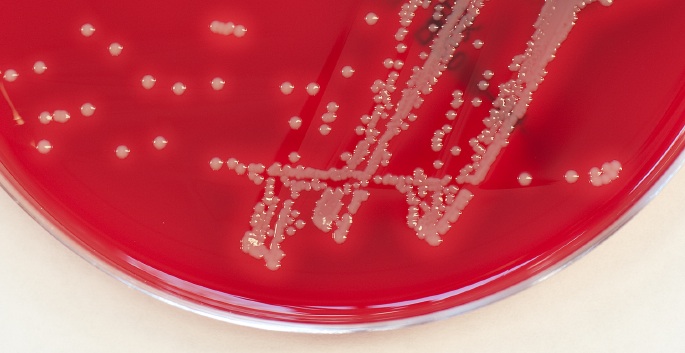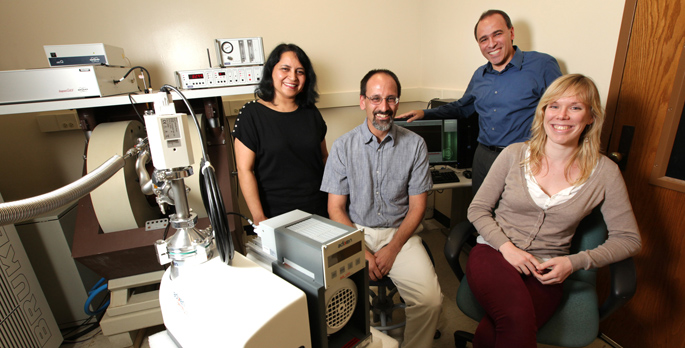Nature Chemical Biology
-

New staph virulence factor
The new factor, an enzyme involved in host-pathogen interactions, may be a viable target for treating staph infections. Read MoreJun 28, 2018
-

Shifting evolution into reverse promises cheaper, greener way to make new drugs
By shifting evolution into reverse to produce an expensive HIV drug out of a simple sugar, Vanderbilt chemist Brian Bachmann has shown that it may be possible to manufacture exotic and expensive synthetic drugs as easily as brewing beer. Read MoreMar 24, 2014
-

Proton transfer powers multidrug resistance: study
Vanderbilt University researchers and their Belgian colleagues have discovered the mechanism behind a multidrug transporter. Their findings, posted this week by Nature Chemical Biology, could lead to new treatments for multidrug resistant bacterial infections. Read MoreDec 12, 2013